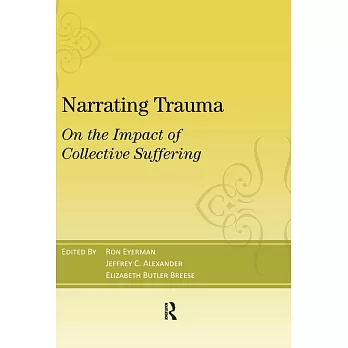In case studies that examine wrenching historical and contemporary crises across five continents, cultural sociologists analyze the contingencies of trauma construction and their fateful social impact. How do some events get coded as traumatic and others which seem equally painful and dramatic not? Why do culpable groups often escape being categorized as perpetrators? Why are some horrendously injured parties not seen as victims? Why do some trauma constructions lead to moral restitution and justice, while others narrow solidarity and trigger future violence? Expanding the pioneering cultural approach to trauma, contributors from around the world provide answers to these important questions. Because Mao''s trauma narrative gave victim status only to workers, the postwar revolutionary government provided no cultural and emotional space for the Chinese people to process their massive casualties in the war against Japan. Even as the emerging Holocaust narrative enlarged moral sensibilities on a global scale, the Jewish experience in Europe exacerbated Israeli antagonism to Arabs and desensitized them to Palestinian suffering. Because postwar Germans came to see themselves as perpetrators of the Holocaust, the massively destructive Allied fire bombings of German cities could not become a widely experience cultural trauma. Because political polarization in Columbia blocked the possibilities for common narration, kidnapping were framed as private misfortunes rather than public problems. Because Poland''s postwar Communist government controlled framing for the 1940 Katyn Massacre, the mass killing of Polish military officers was told as an anti-Nazi not an anti-Soviet story, and neither individual victims nor the Polish nation could grieve. If Japanese defeat in World War II was framed as moral collapse, why has the nation''s construction of victims, heroes, and perpetrators remained ambiguous and unresolved? How did the Kosovo trauma remain central to Serbian history, providing a powerful rationale for state violence, despite the changing contours and contingencies of Serbian history?



 天天爆殺
天天爆殺  今日66折
今日66折 
























 博客來
博客來 博客來
博客來 博客來
博客來 博客來
博客來 博客來
博客來